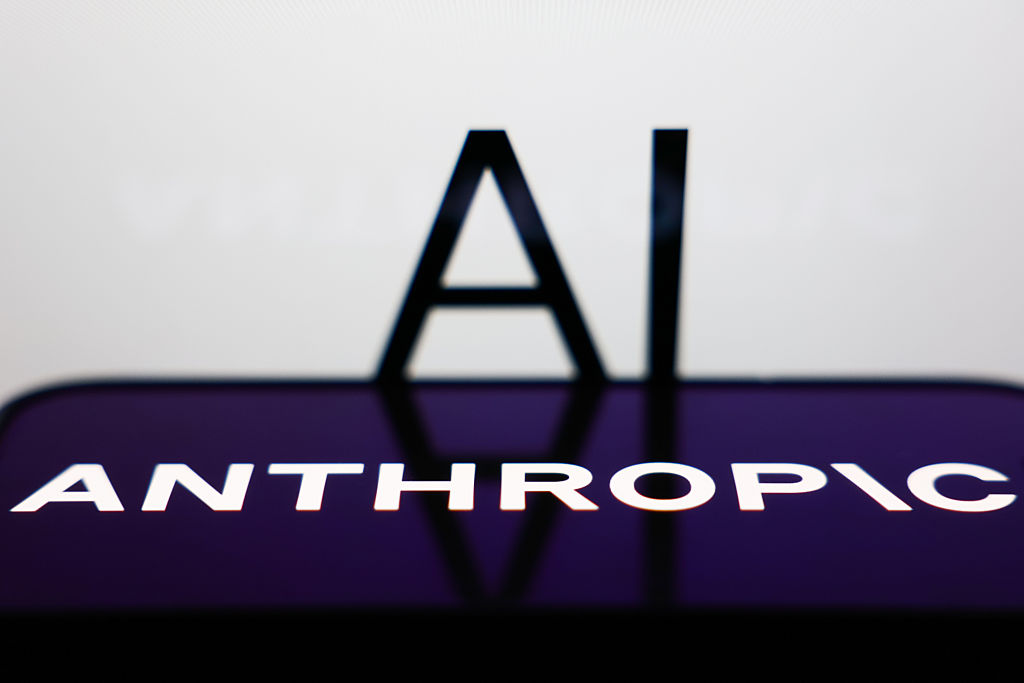In a significant development on August 7, 2025, President Donald Trump publicly demanded the immediate resignation of Intel’s Chief Executive Officer, Lip-Bu Tan, citing alleged conflicts of interest related to Tan’s business engagements in China. This announcement has intensified the ongoing scrutiny of Tan’s professional associations and their potential implications for U.S. national security.
President Trump took to his social media platform, Truth Social, to express his concerns, stating, The CEO of INTEL is highly CONFLICTED and must resign, immediately. There is no other solution to this problem. Thank you for your attention to this problem! ([techcrunch.com](https://techcrunch.com/2025/08/07/trump-says-intel-ceo-lip-bu-tan-must-resign-immediately/?utm_source=openai))
This call for resignation follows a letter from Senator Tom Cotton (R-Arkansas) to Intel’s Board Chairman, Frank Yeary, highlighting apprehensions about Tan’s extensive financial ties to Chinese technology firms, some of which are reportedly linked to the Chinese military. Senator Cotton’s letter questioned whether Intel’s board was aware of federal subpoenas issued to Cadence Design Systems during Tan’s tenure as CEO and inquired about the steps taken to assess and mitigate potential security risks associated with Tan’s previous leadership and investment activities. ([reuters.com](https://www.reuters.com/world/us/us-lawmaker-questions-intel-ceos-ties-china-letter-company-board-chair-2025-08-06/?utm_source=openai))
Lip-Bu Tan, who assumed the role of Intel’s CEO in March 2025, has a notable history in the technology sector. Prior to joining Intel, he served as the CEO of Cadence Design Systems from 2008 to 2021 and remained as executive chairman until May 2023. During his tenure at Cadence, the company admitted to violating U.S. export controls by selling products to a Chinese military-affiliated university, raising concerns about compliance with U.S. regulations. ([reuters.com](https://www.reuters.com/world/us/us-lawmaker-questions-intel-ceos-ties-china-letter-company-board-chair-2025-08-06/?utm_source=openai))
Reports indicate that between March 2012 and December 2024, Tan, either personally or through venture funds he manages, invested over $200 million in hundreds of Chinese advanced manufacturing and chip firms. Some of these companies are alleged to have connections with the Chinese People’s Liberation Army, further intensifying concerns about potential conflicts of interest. ([reuters.com](https://www.reuters.com/world/china/trump-calls-highly-conflicted-intel-ceo-resign-over-china-ties-2025-08-07/?utm_source=openai))
Intel’s involvement in the U.S. government’s Secure Enclave program, aimed at securing the microchip supply chain for defense applications, adds another layer of complexity to the situation. Senator Cotton emphasized that Intel’s receipt of taxpayer funds under this program necessitates full transparency regarding Tan’s past affiliations and investments. He also inquired whether the board required Tan to divest from any Chinese firms before assuming his current position. ([reuters.com](https://www.reuters.com/world/us/us-lawmaker-questions-intel-ceos-ties-china-letter-company-board-chair-2025-08-06/?utm_source=openai))
In response to these developments, an Intel spokesperson stated, Intel and Mr. Tan are deeply committed to the national security of the United States and the integrity of our role in the U.S. defense ecosystem. The company indicated its intention to address Senator Cotton’s concerns directly. ([reuters.com](https://www.reuters.com/world/us/us-lawmaker-questions-intel-ceos-ties-china-letter-company-board-chair-2025-08-06/?utm_source=openai))
The controversy surrounding Tan’s alleged ties to Chinese entities has had immediate financial repercussions for Intel. Following President Trump’s statement, Intel’s stock experienced a decline of approximately 4% in premarket trading, reflecting investor apprehension about the company’s leadership and its strategic direction. ([apnews.com](https://apnews.com/article/206152398b39bf92ebe6391add109388?utm_source=openai))
This situation unfolds against the backdrop of Intel’s ongoing efforts to regain its competitive edge in the semiconductor industry. Once a dominant force in chip manufacturing, Intel has faced challenges in recent years, losing ground to competitors like Taiwan Semiconductor Manufacturing Company (TSMC) and Nvidia. Under Tan’s leadership, the company has initiated significant restructuring measures, including plans to reduce its workforce by approximately 22% by the end of the year and a more disciplined approach to manufacturing investments. ([ft.com](https://www.ft.com/content/5a36a7c6-8959-42b0-bdca-e8f49cb0c342?utm_source=openai))
The allegations against Tan also raise questions about Intel’s role in the U.S. government’s CHIPS and Science Act, under which the company secured nearly $8 billion in grants and loans to bolster domestic semiconductor production. Ensuring that these funds are utilized in a manner that aligns with national security interests is paramount, and any perceived conflicts of interest at the executive level could undermine public and governmental trust in the company’s stewardship of these resources. ([reuters.com](https://www.reuters.com/world/china/trump-calls-highly-conflicted-intel-ceo-resign-over-china-ties-2025-08-07/?utm_source=openai))
As the situation develops, stakeholders within the technology industry, government, and investment communities will be closely monitoring Intel’s response to the allegations and the potential impact on its leadership and strategic initiatives. The outcome of this controversy may have far-reaching implications for the company’s future and its position within the global semiconductor market.



